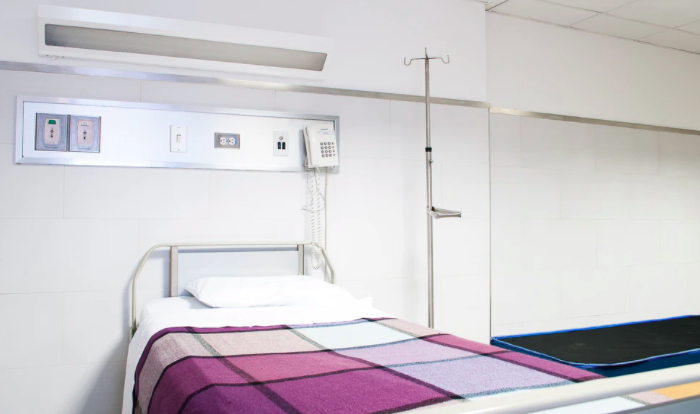The Western Cape now has 10 097 active cases of COVID-19, as of June 2. The total confirmed cases is 23 095 and the number of recoveries is at 12 436.
The Western Cape recorded an additional 41 COVID-19 deaths, bringing the total number of deaths in the province to 562.
In a statement Premiere Alan Winde highlighted the recovery of Delft resident Ndumiso Mavimbela.
“Over 12 400 people have recovered from COVID-19 in the Western Cape. Among these recoveries, we celebrate the recovery of Ndumiso Mavimbela of Delft who has been released from Tygerberg last week after a 32-day stay which also included time on a ventilator and in the ICU,” said Winde
“Mr Mavimbela falls into one of the risk groups, having recently been diagnosed with hypertension. His story is one of hope and we wish him well as he continues on his road to recovery. I would also like to thank the Tygerberg hospital team who provided him with the excellent medical care that helped him to recover.”
The breakdown of cases is as follows:




The total number of unallocated cases is 1871, with 624 recoveries.


Vulnerable groups
The Western Cape Government has conducted another review of all of the comorbidities associated with COVID-19 deaths in the province. When the data review was done on May 26, the province had recorded 403 deaths- with the majority of these having one or more comorbidities.
The data has revealed that the top three co-morbidities per age group were:
– 20 – 39 years (30% diabetes, 25% HIV, 20% Hypertension)
– 40 – 49 years (51% diabetes, 33% HIV, 28% Hypertension)
– 50 – 59 years (70% Diabetes, 63% Hypertension, 27% HIV)
The most prevalent co-morbidities in deaths due to COVID-19 across all age groups were diabetes and hypertension.
“The majority of people who contract COVID-19 will experience mild symptoms and will be able to isolate and recover at home. However, those who are over the age of 55 or with underlying health conditions are most at risk of becoming seriously ill. This is why our health response must place a special focus on these groups, and why our testing strategy must align with this risk,” said Winde.
Khayelitsha temporary hospital:
Yesterday, a temporary hospital built by Medicins Sans Frontiers in Khayelitsha, in collaboration with the City of Cape Town and the Western Cape Government opened its doors. Today, the hospital accepted its first patients for treatment. This hospital will allow for people from the nearby community to receive care and will work closely with the Khayelitsha hospital.
Picture: Unsplash

